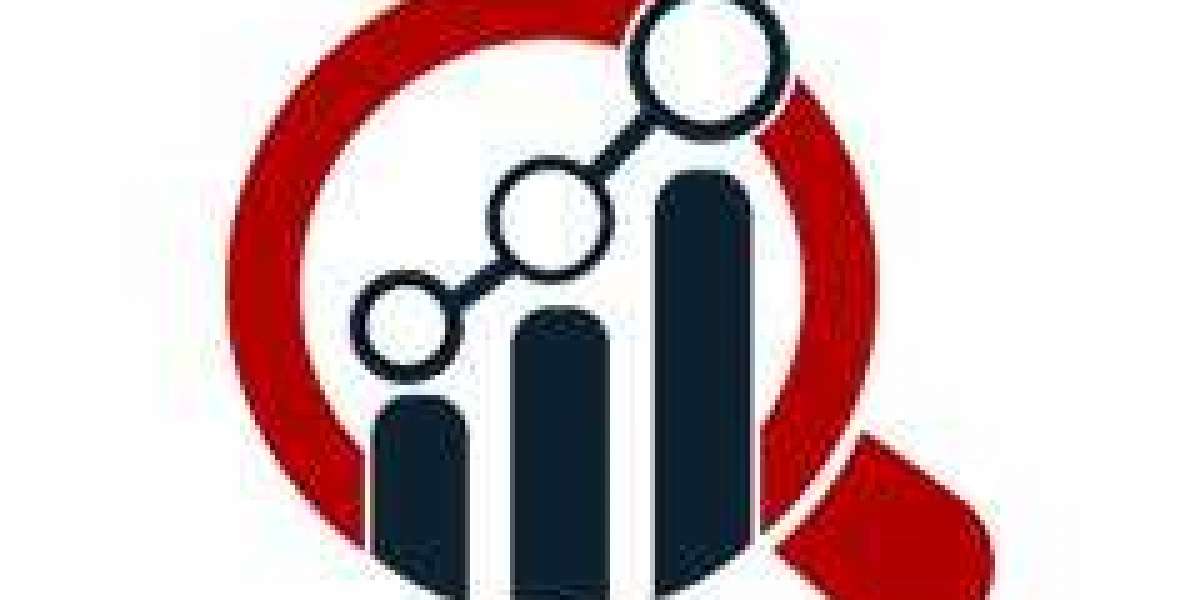Technology today has transformed audits of many kinds, but one of the biggest impacts has been on medical claim auditors. Checking health plan claims is an extraordinarily complex endeavor to do well. Most payments a third-party administrator or pharmacy benefit manager makes can be reviewed for hundreds of variables, and a sophisticated electronic review is a cost-effective way to do it. The old random sample method left much to be desired, and today's audits review 100-percent of claims down to a minute level of detail. Plan sponsors are seeing better results and managing their costs effectively.
When a health or pharmacy benefit plan is created, it contains a summary plan description or formulary that lists all covered services and medicines. The documents are lengthy and complex, and it's easy for providers to stray from the specifics, sometimes unintendedly. When TPAs and PBMs begin paying claims that veer from covered services, the issues can add up. There can also be systemic processing errors that multiply and, over time, can compound into large numbers. The sooner an audit flags them for correction, the better the chances of recovery. It's why plans audit themselves more often these days.
What's also notable about audit software improvements is that they occur continuously. Every year refinements are upgrades are made, and the firms specializing in claim reviews are improving their capabilities. Technology improvements don't increase costs and improve the quality of the audit reports, so they are built-in upgrades that don't affect clients' budgets. The best firms can prove their audits recover four times more savings than they cost. Members are also better served when claims are paid correctly and consistently. It's not fair for some to be paid and others denied for the same services.
When you're auditing claims, you want a firm with the best technology and independence. Larger generalist firms have many clients and allegiances. Smaller firms with a narrow specialty only represent their clients and aren't beholden to anyone else. It makes a difference in the confidence you can have in the reports provided and the ability to work with you on oversight. When you're signing up with a new third-party administrator or pharmacy benefit manager, read the fine print of their contracts. Some limit the ability to audit, which you want to avoid. Having independent oversight is in your best interest.








